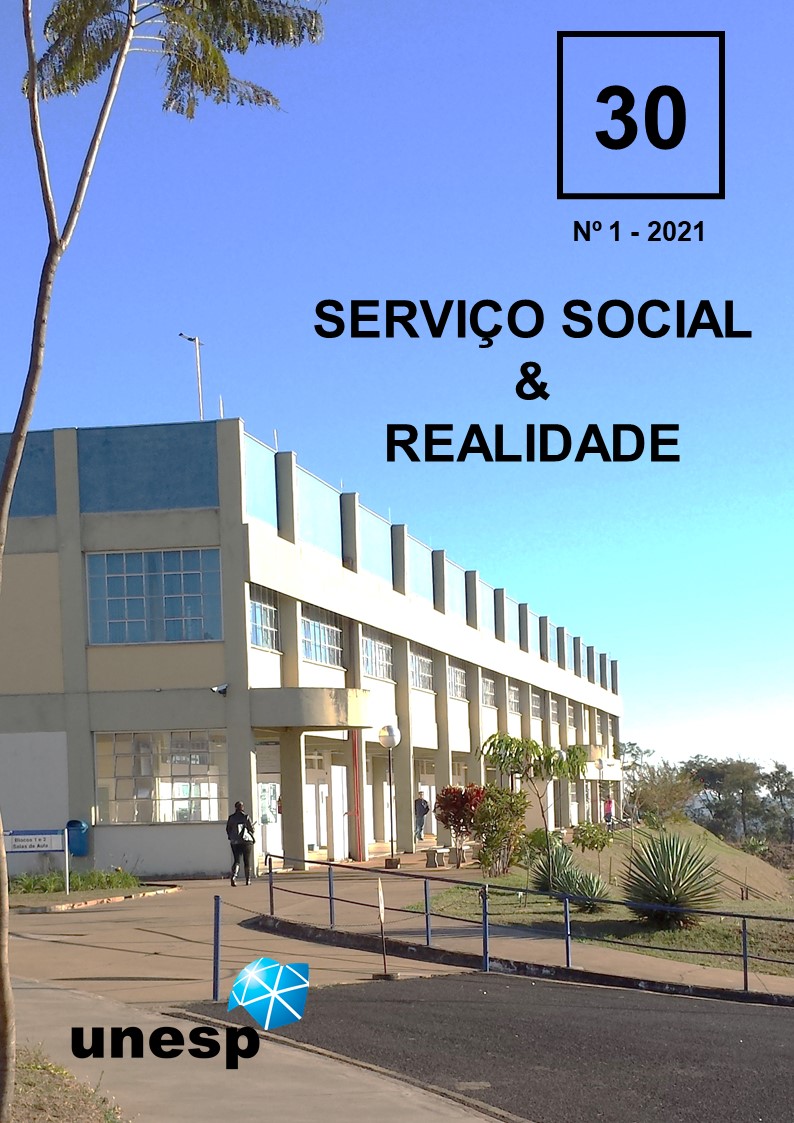SOCIO-AFFECTIVE AFFILIATION IN BRAZILIAN LAW
Abstract
Law is in constant development, especially in the area of family law. Social changes and evolutions are presented with enormous intensity and the result of this is the creation of new family arrangements in formats not originally provided for by law, situations that require constant action by the national legislature in order to recognize and regulate new family realities in order to enable the subjects inserted in them to be able to exercise, at least potentially, the full range of rights and duties they securitize. It happens, however, that sometimes the legislature is slow to perform its function, thus imposing on society and the state to act creatively to meet the needs of the population. A concrete example of how exposed is socio-affective affiliation, which despite being an intense social fact and legally consistent with the current constitutional order is absolutely ignored by the national legislature not enjoying the slightest support in the strict sense. The lack of standardization of the theme until recently was a serious hindrance to national society, a problem that was remedied thanks to the intense and atypical action of the national judiciary, which, using its regulatory power, pacified the issue and is now developing. o in legal terms in order to provide greater legal certainty to the Brazilian population.
Downloads
Published
Issue
Section
License
Os manuscritos aceitos e publicados são de propriedade da revista Serviço Social & Realidade.Os originais deverão ser acompanhados de documentos de transferência de direitos autorais contendo assinatura dos autores.
É vedada a submissão integral ou parcial do manuscrito a qualquer outro periódico. A responsabilidade do conteúdo dos artigos é exclusiva dos autores.
É vedada a tradução para outro idioma sem a autorização escrita do Editor ouvida a Comissão Editorial.


